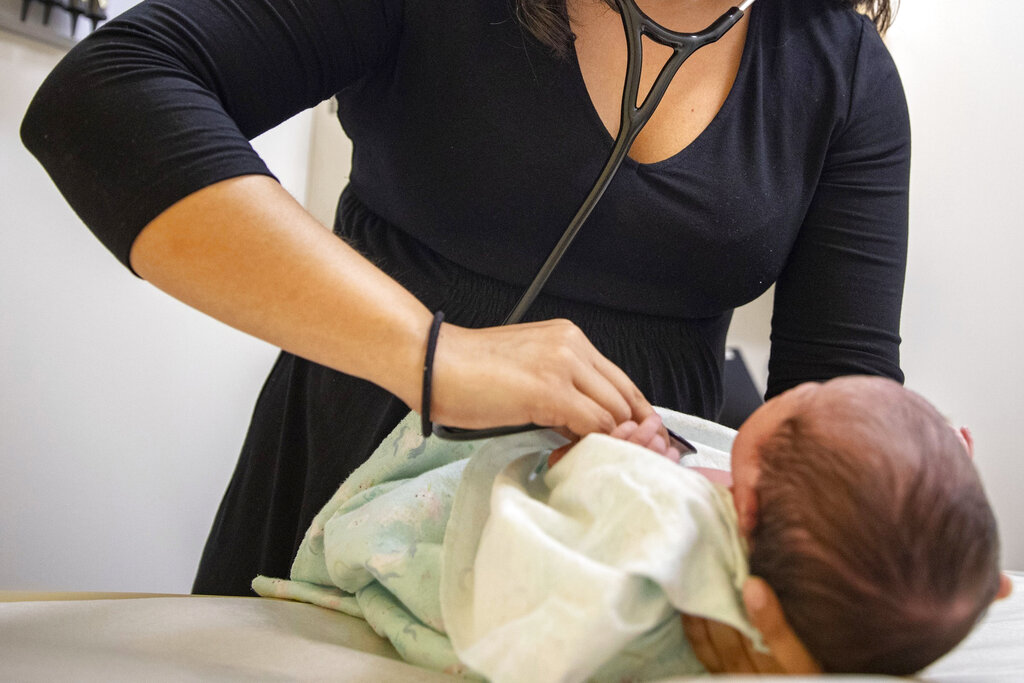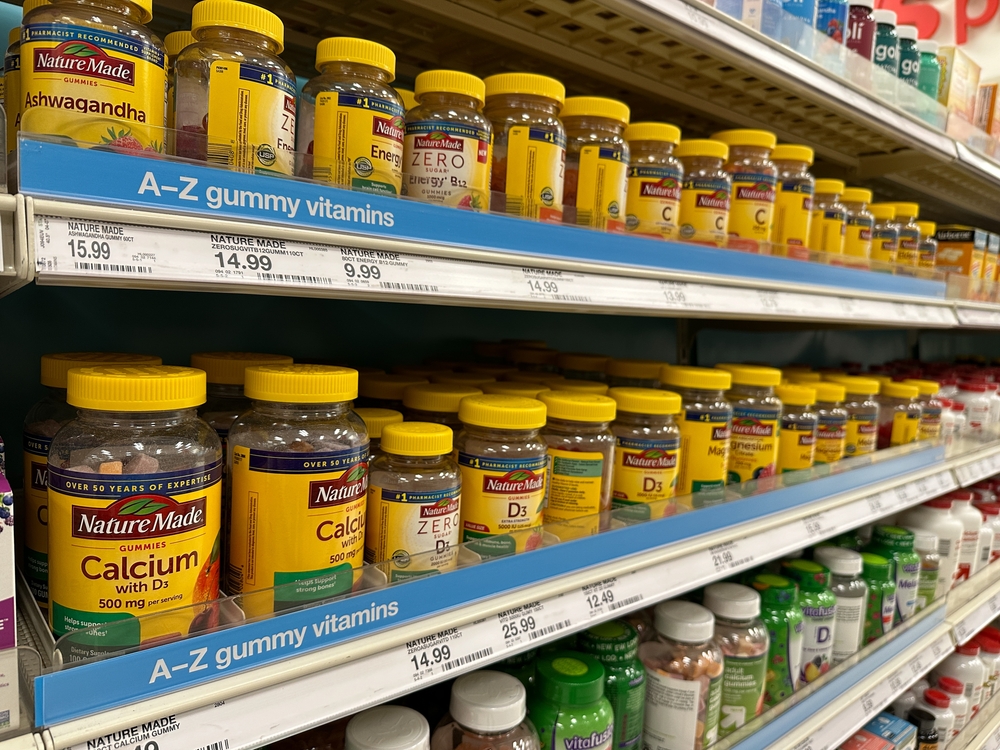When ER doctor Elizabeth Clayborne's maternity leave was wrapping up and she prepared to return to work, protecting her family was at the top of her mind.
"As a mother, you always are going to do your best to protect yourself and your children," said Clayborne, an adjunct assistant professor of emergency medicine at the University of Maryland School of Medicine.
In the emergency room on any given day, about a third of her patients she's treating have COVID. It's given this doctor reason to advocate for something many of us don't talk about: advance care planning.
It's simple in concept: What type of care would you want if you became too sick to tell the doctor yourself? Dr. Clayborne says especially during COVID, anyone, even young people, can make an advance care plan.
"If you've not thought personally about what you would want done if you got into a medical emergency, I as a physician then have to call your family and ask, you know, what's going on? What's the history of this person? What do you want me to do?"
Research from the University of Pennsylvania showed the number of completed advanced care plans rose by about five times during the pandemic than before. Clayborne has one for herself and her family members, she says, after seeing too many difficult and raw conversations from her patients.
"The family member trying to make a decision might be under a lot of pressure and stress to talk or think about issues related to end-of-life care or medical admissions that they've never discussed before," she said.
Now that she's back at work, Dr. Clayborne still thinks about protecting her family, getting her first dose of Pfizer's COVID vaccine this week.
"I need some kind of extra layer of protection."
She adds while it may seem grim talking about something like an advance care plan, especially around the holidays, it's helpful to consider it.
"Now is the time for you to talk to your family, take this holiday time when you're Zooming or, you know, video chatting with your loved ones to say: 'Hey, what is our emergency plan? Who makes decisions for our loved ones? Where have we documented that?'"
This is a tricky subject, sure. There are lots of handy links and guides on this from the CDC and NIH to help, including one Dr. Clayborne says she uses.











